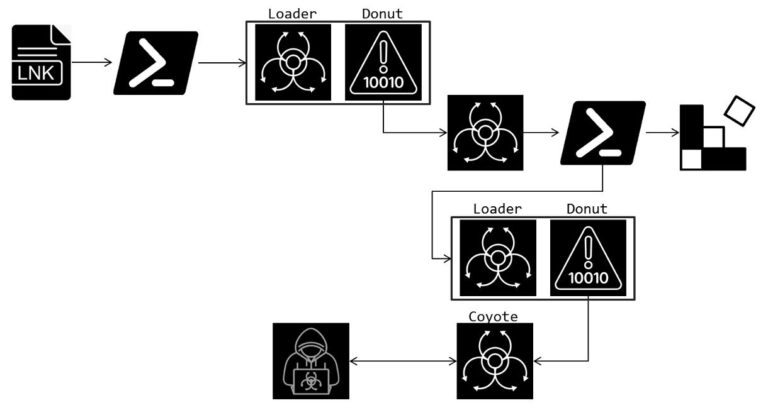
The United States Coast Guard has issued a warning regarding Chinese-made port cranes, citing “embedded vulnerabilities” that could grant the Chinese government remote access to their control systems.
These cranes, manufactured by Chinese state-owned enterprises, account for approximately 80% of the gantry cranes used for container loading and unloading at American ports. The report highlights the widespread presence of Chinese cranes in U.S. ports and intelligence findings indicating attempts by China to disrupt critical infrastructure operations.
Previously, the U.S. Congress released a report identifying significant security risks posed by the Chinese company ZPMC, which dominates the crane market. The report underscores the company’s involvement in the militarization of the South China Sea and warns that these cranes could serve as a “Trojan horse,” enabling Beijing to manipulate American maritime technology and equipment.
Port crane owners and operators have been advised to seek guidance from local Coast Guard offices for detailed recommendations. However, the specific measures to mitigate the remote functionality of these cranes, which are integral to port operations, remain unclear. The Coast Guard has declined to comment further on the matter.
It is worth noting that some industry stakeholders are reluctant to adopt cybersecurity resources offered by the Coast Guard, exacerbating the risks to the United States’ complex waterway system. A Department of Homeland Security report revealed that only 36% of private operators have sought assistance from the Coast Guard’s cyber protection teams.
The report also emphasizes a critical shortage of personnel and resources necessary to safeguard the maritime transportation system, which remains vulnerable to cyber exploitation and operational failures.
Concerns over China’s influence on American infrastructure are intensifying amid escalating tensions between Washington and Beijing, particularly regarding a potential conflict over Taiwan. U.S. officials stress the urgent need to fortify security at strategic assets like ports, which are pivotal to the nation’s economy.


